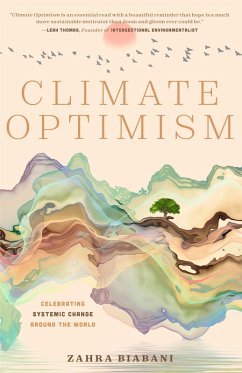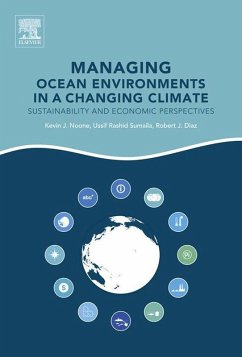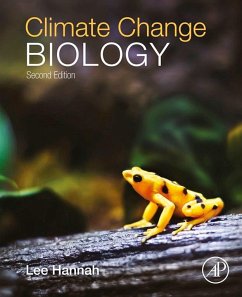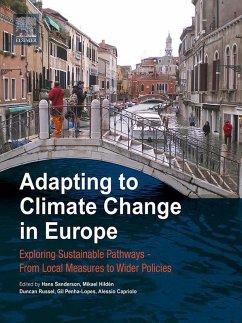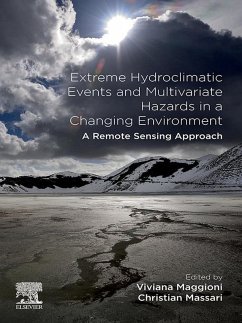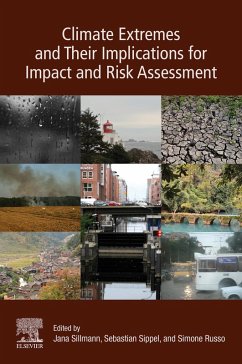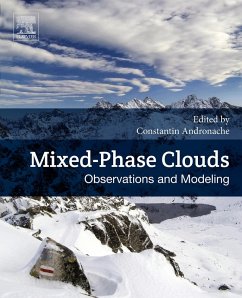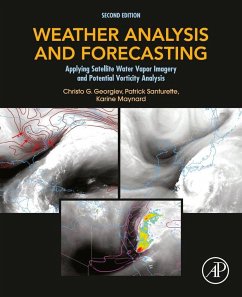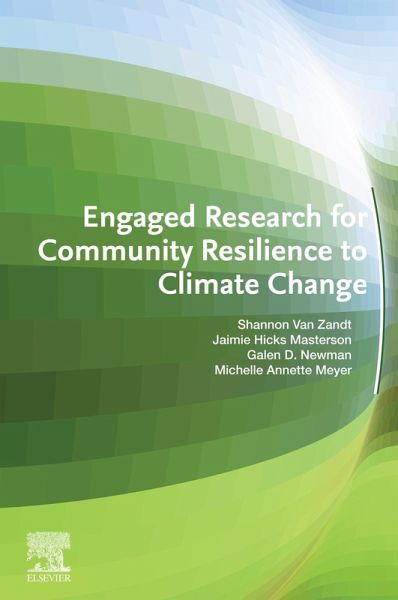
Engaged Research for Community Resilience to Climate Change (eBook, ePUB)
Versandkostenfrei!
Sofort per Download lieferbar
79,95 €
inkl. MwSt.
Weitere Ausgaben:

PAYBACK Punkte
40 °P sammeln!
Engaged Research for Community Resilience to Climate Change is a guide to successfully integrating science into urban, regional, and coastal planning activities to build truly sustainable communities that can withstand climate change. It calls for a shift in academic researchers' traditional thinking by working across disciplines to solve complex societal and environmental problems, focusing on the real-world human impacts of climate change, and providing an overview of how science can be used to advocate for institutional change. Engaged Research for Community Resilience to Climate Change app...
Engaged Research for Community Resilience to Climate Change is a guide to successfully integrating science into urban, regional, and coastal planning activities to build truly sustainable communities that can withstand climate change. It calls for a shift in academic researchers' traditional thinking by working across disciplines to solve complex societal and environmental problems, focusing on the real-world human impacts of climate change, and providing an overview of how science can be used to advocate for institutional change. Engaged Research for Community Resilience to Climate Change appeals to a wide variety of audiences, including university administrators looking to create and sustain interdisciplinary research groups, community and state officials, non-profit and community advocates, and community organizers seeking guidance for generating and growing meaningful, productive relationships with university researchers to support change in their communities. - Focuses on the process of building a successful, active partnership between climate change researchers and climate resilience professionals - Provides case studies of university-community partnerships in building climate resilience - Includes interviews and contributors from a wide variety of disciplines engaged in climate resilience partnerships
Dieser Download kann aus rechtlichen Gründen nur mit Rechnungsadresse in A, B, BG, CY, CZ, D, DK, EW, E, FIN, F, GR, HR, H, IRL, I, LT, L, LR, M, NL, PL, P, R, S, SLO, SK ausgeliefert werden.




